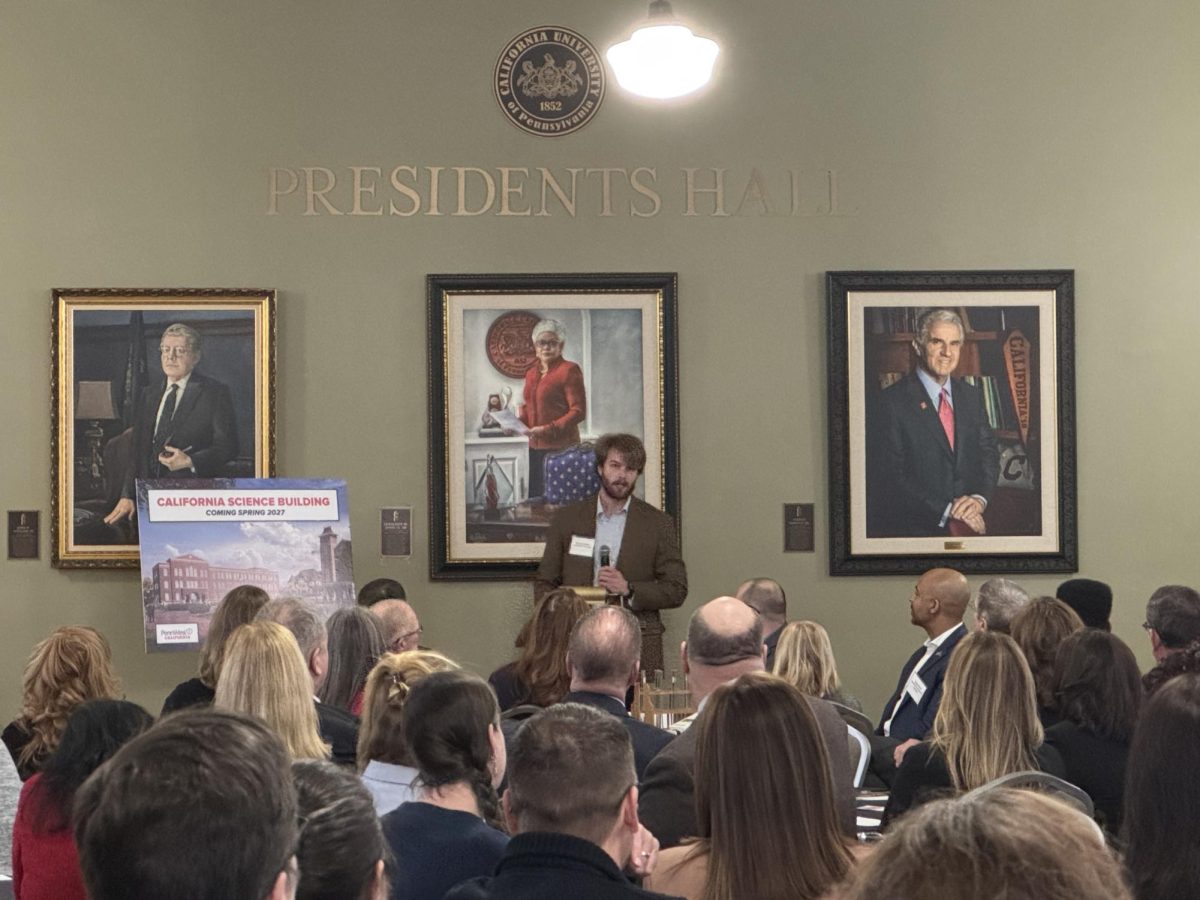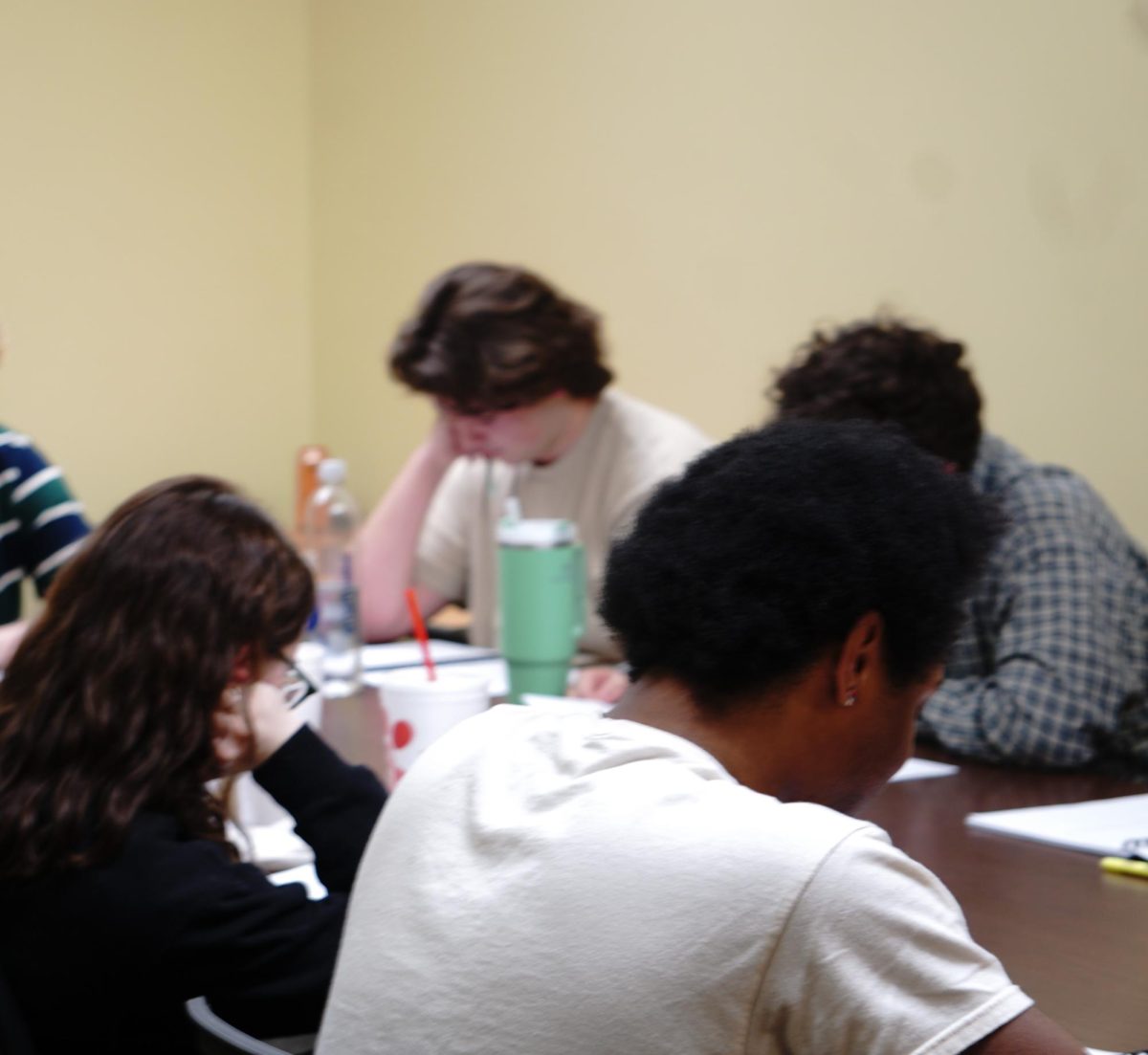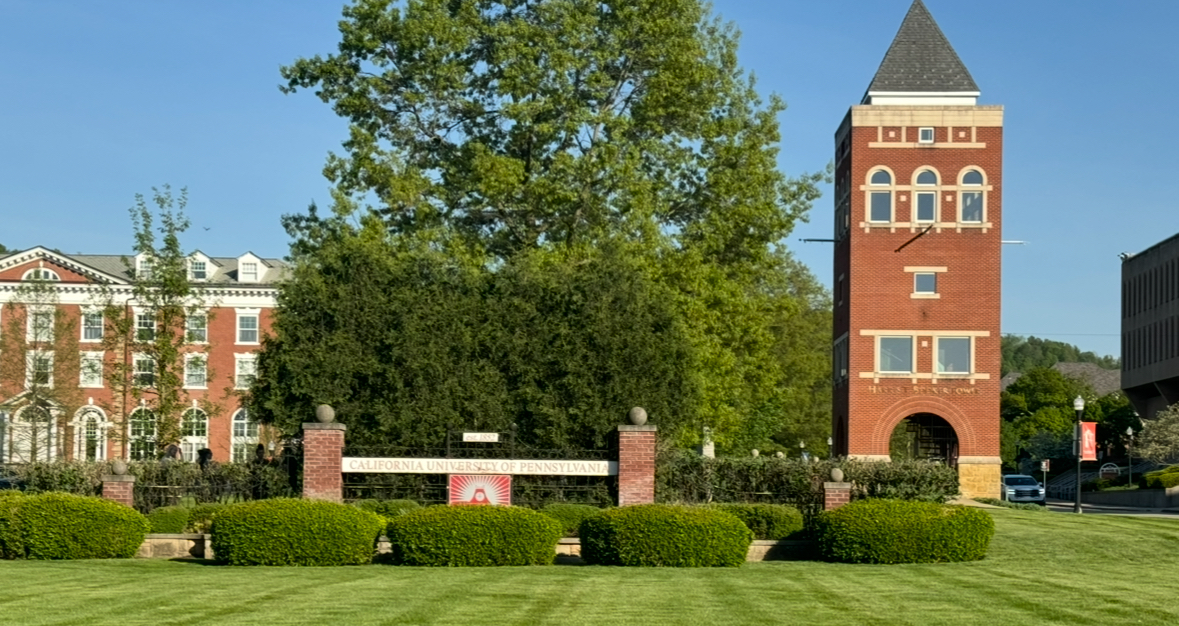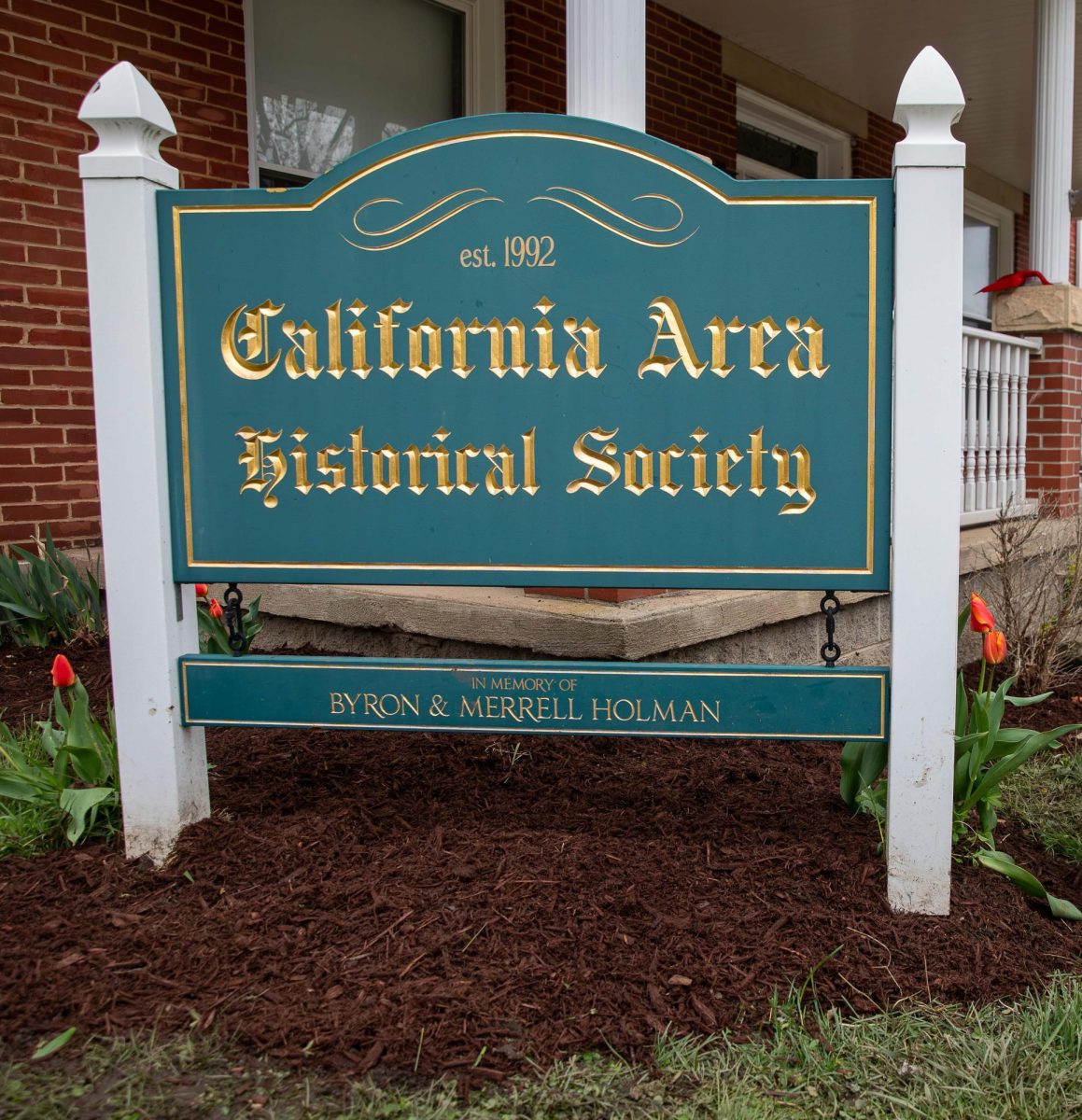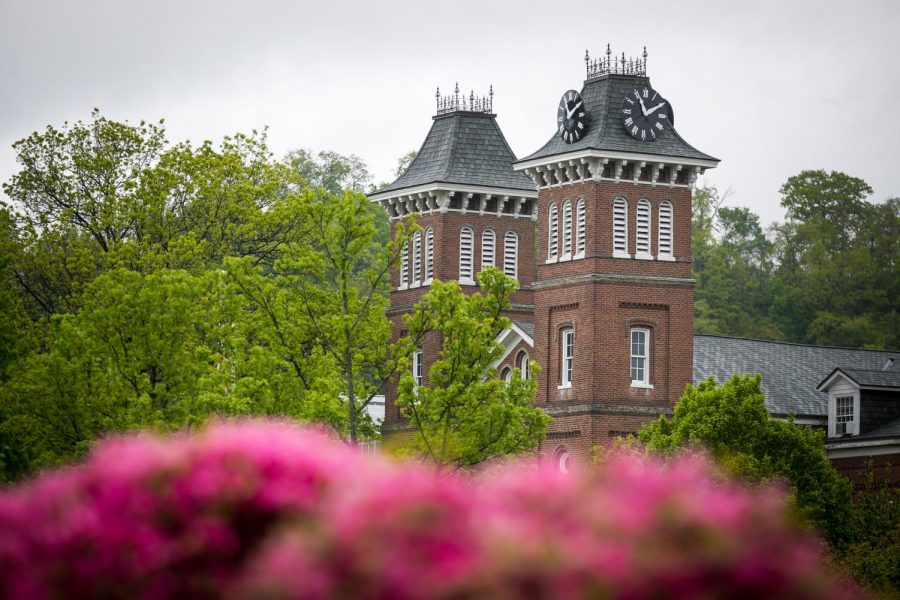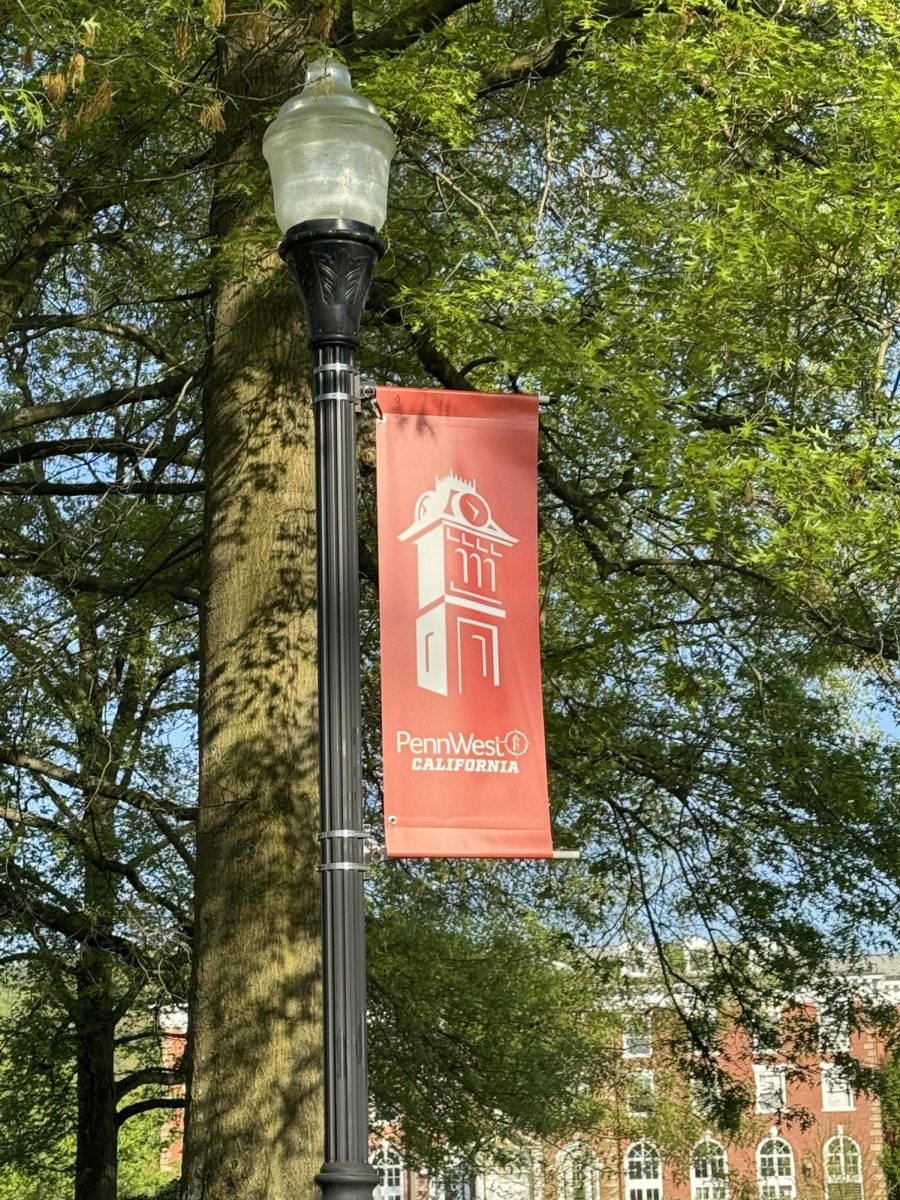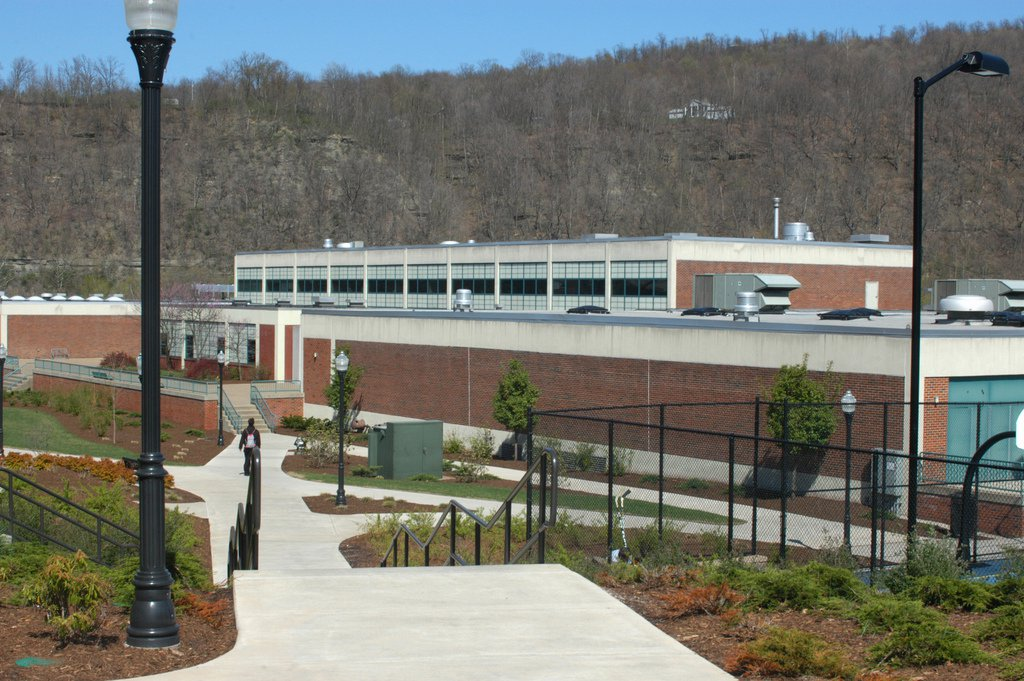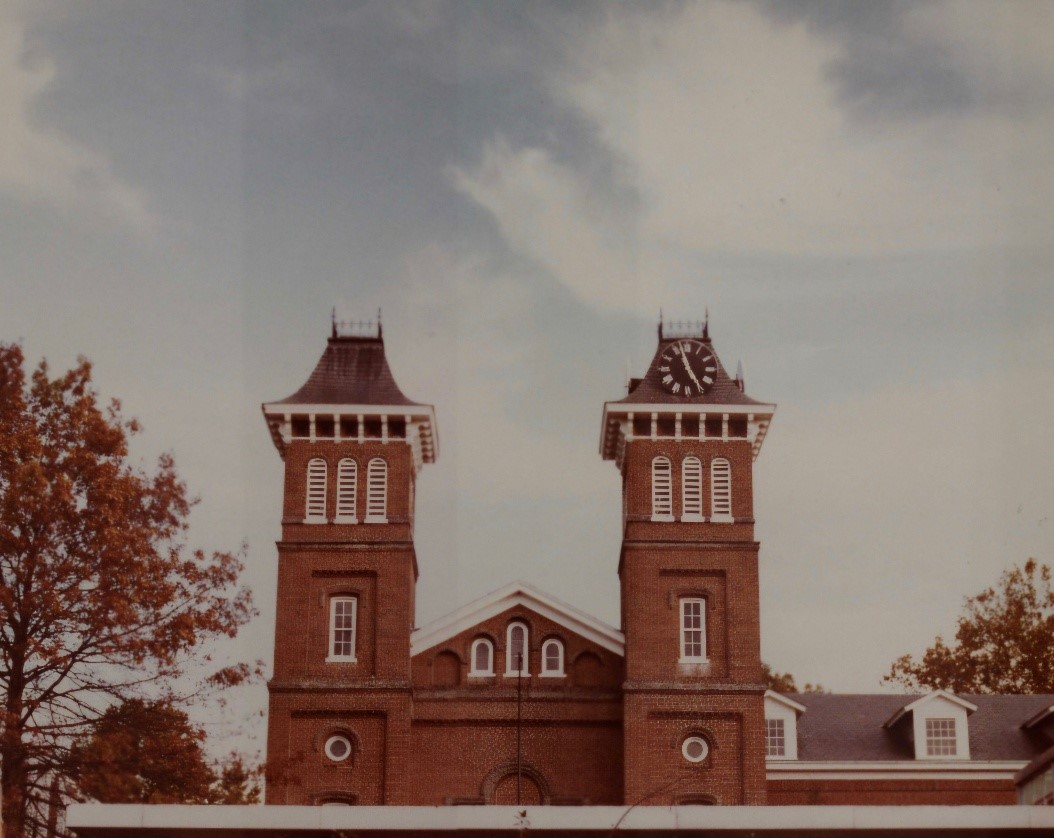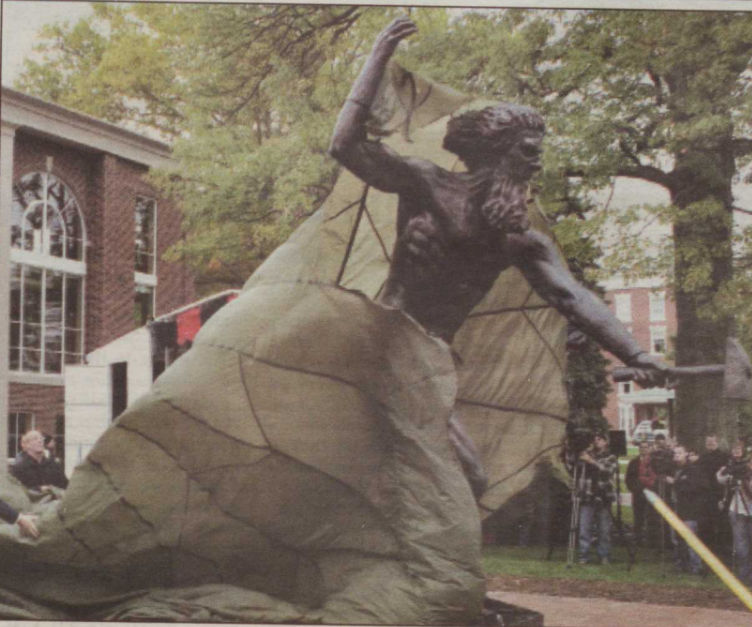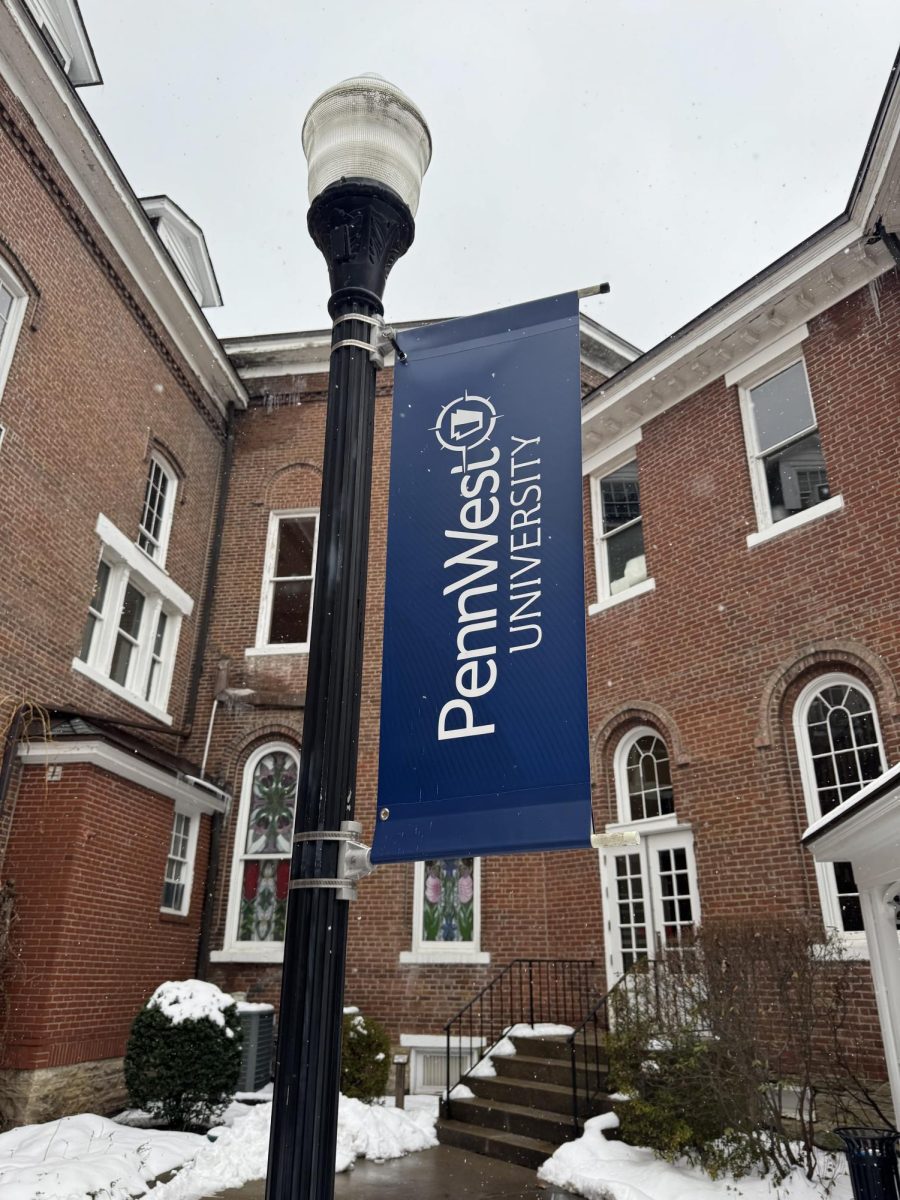On Jan. 13, 2025, PennWest California celebrated the groundbreaking of a new state-of-the-art science building. This ambitious project, which will encompass 63,500 square feet over three stories, is designed to elevate the university’s educational offerings in biology, chemistry, and physics. The modern facility is expected to open in early 2027.
The new science building will be constructed with a focus on student learning and research. Dr. James Fisher, Interim Provost and Vice President for Academic Affairs stated that nearly all of the building’s space will be dedicated to laboratories and learning environments that can adapt to the evolving educational needs of students.
A significant aspect of the building’s design is its commitment to sustainability. The facility is expected to incorporate energy-efficient features that will reduce energy use by an estimated 20 percent compared to similar structures. This aligns with broader trends in higher education that prioritize environmental responsibility. In addition to 17 modern labs, the building will also have 19 science support areas.
Another key feature of this project is the development of outdoor spaces. The new outdoor area between Watkins Hall and the new science building will have seating areas, a greenhouse, and a stepped seating area with a rain garden. The outdoor space is intended to create a sense of community among students and provide a relaxing environment for studying.
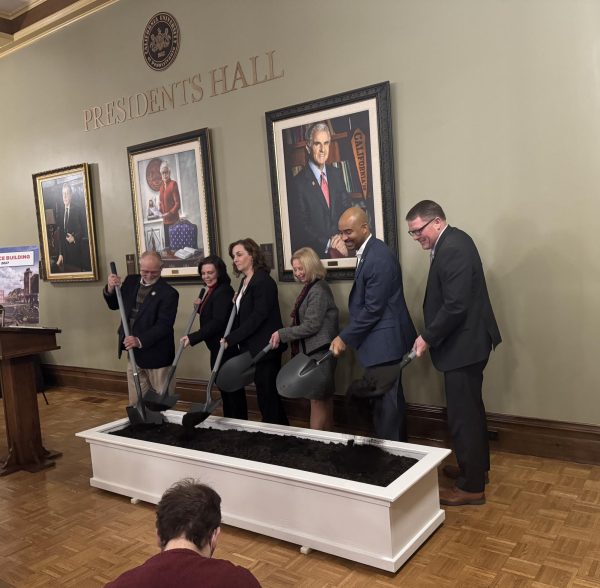
Due to inclement weather, the groundbreaking ceremony was held indoors. Dr. Jon Anderson, University President; Dr. Brenda Fredette, Dean on Special Assignment to the Provost; as well as several trustees and students spoke. These speakers discussed the building’s importance not only as a physical structure, but as a resource for educational growth, collaboration, and innovation.
Declan Johnson, a chemistry major and mathematics minor at Penn West California, shared his perspective on the impact of the new facility.
“The opportunity to learn in such a state-of-the-art environment can never be quantified. It will change the way we approach science and research,” Johnson said.
Trustee Barry Niccolai of Penn West’s Council of Trustees noted the significance of physical infrastructure in meeting workforce needs and supporting economic growth.
“Physical infrastructure is essential,” Niccolai stated, stressing the role modern facilities will play in attracting and retaining both students and faculty.
Dr. Louise Nicholson, Associate Professor in the Department of Biology, Earth and Environmental Sciences, echoed this sentiment, expressing excitement about the shared collaboration spaces that will support creativity and engagement among students and faculty.

